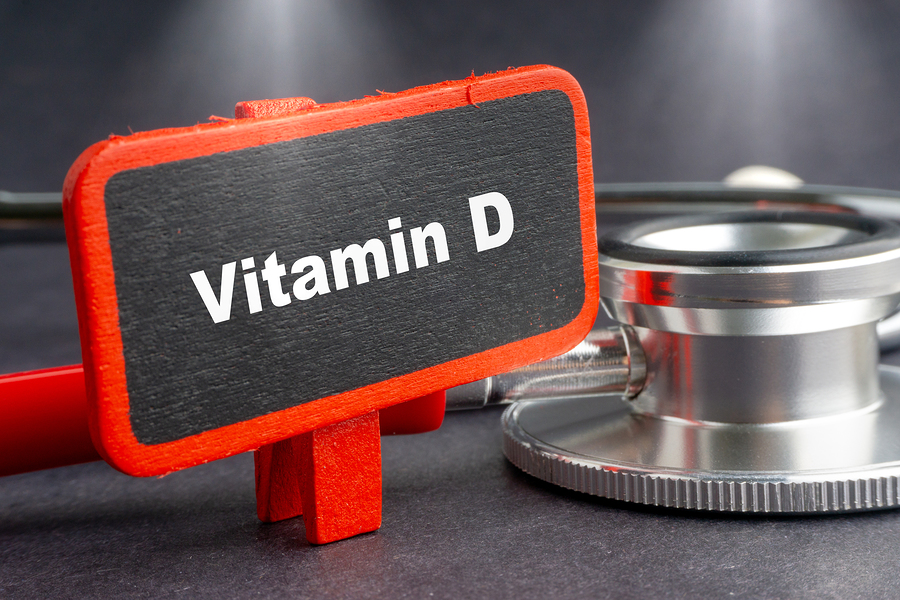A couple of weeks ago I wrote about CoVid19 and Vitamin D Deficiency. Today I want to focus on vitamin D and heart health.
Additional studies are showing how optimizing your vitamin D intake can help to prevent both heart disease and stroke. And it seems to do this by:
-
Improving endothelial function
-
Reducing arterial stiffening
Vitamin D does this by increasing your endothelium’s ability to create nitric oxide. Nitric oxide dilates your blood vessels to improved blood flow.
Additionally, vitamin D helps to decrease the destructive chemical compound called peroxynitrite, which can cause inflammation that leads to arterial stiffness.
Researchers at the Nanomedical Research Laboratory at Ohio University conducted a study that examined this relationship between nitric oxide and peroxynitrite. For simplicity, please remember the following:
-
Nitric oxide is good
-
Peroxynitrite is bad
In their study, the researcher introduced a human hormone called angiotensin-II. This hormone causes endothelial dysfunction. The result was a decrease in nitric oxide and an increase in peroxynitrite.
When vitamin D3 was introduced, this was significantly reversed. There was a 10 fold increase in nitric oxide and a 10 fold decrease in peroxynitrite.
This study suggests that by maintaining normal levels of vitamin D in your blood stream, you can help to maintain normal endothelial function. This helps your body to properly produce nitric oxide for improved blood flow.
And, normal levels of vitamin D help to prevent the destructive peroxynitrite, which can cause vascular inflammation that leads to arterial stiffness.
So the question becomes:
How much vitamin D to you need to take to see a benefit?
Well, before I answer that question, let me quote a short section from my last article on vitamin D:
Your liver converts vitamin D3 to 25-hydroxycholecalcifoerol, which is then convert by your kidneys into 25-dihydroxycholecalciferol. This final conversion is what is measured in your blood serum. A simple blood test can determine is you fall into one of the following three categories for 25-dihydroxycholecalcifoerl:
Normal – would be 30 ng/ml or higher
Insufficient – would be 21 – 29 ng/ml
Deficiency – would be 20 ng/ml or less
A 2011 study of the US population found that 41.6% of adults are vitamin D deficient. But when viewed based on ethnicity the following was discovered:
69.2% of Hispanics were vitamin D deficient
82.1% of African-Americans were vitamin D deficient
As you can see vitamin D deficiency is a real health issue. And it effects the majority of the Black population.
Which may be one of the reasons why the Black population has been disproportionately effected by the CoVid19 virus and cardiovascular health issues.
Now to answer the question above we need to look at a 2016 study of vitamin D deficient adults. They were given a vitamin D3 supplement. The amount was 2,000 IU per day. When compared to their baseline readings, the following results were observed:
-
An 18% drop in arterial stiffness.
-
An 8.2% decrease in systolic blood pressure (top number in your BP reading)
-
A 9.1% decrease in diastolic blood pressure (bottom number in your BP reading)
And there are other studies that show how vitamin D supplements reduces arterial stiffness and blood pressure. This lowers the risk for strokes and heart attacks.
Vitamin D and heart health is a real thing.
So much so that if you do not know your vitamin D levels, then you should consider getting a simple blood test. Your doctor can schedule you for a vitamin D test to determine what your level is.
If normal, then keep doing what you’re doing.
If insufficient or deficient, then you need to increase your vitamin D intake. The easiest way is through a good, chew able vitamin D3 supplement that is at least 2500 IU per tablet.
It’s one of the simplest, and most cost effective ways, to help reduce your risk for all forms of disease.

Leave a Reply
You must be logged in to post a comment.